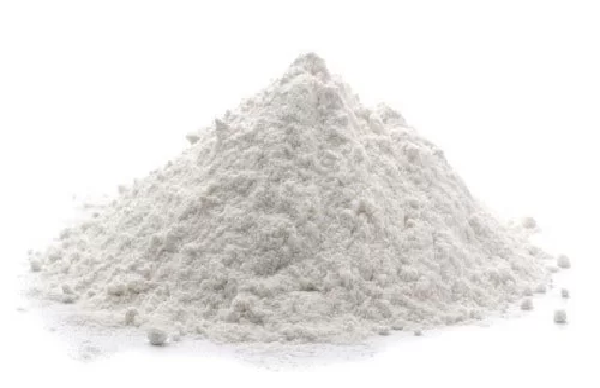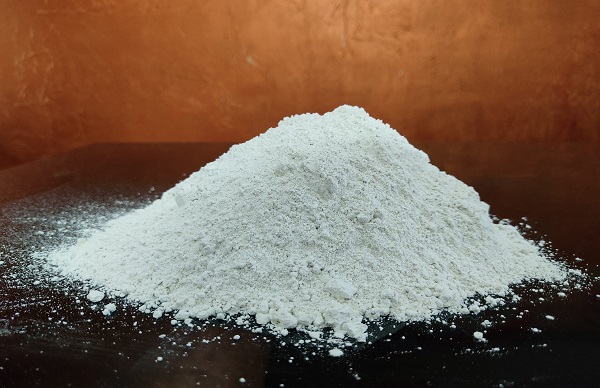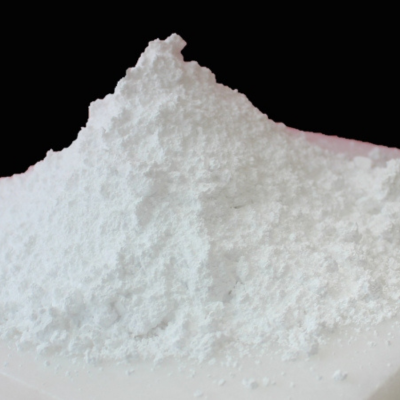
Why Precipitated Calcium Carbonate Is Used In Paper Industry
October 16, 2024
What is china clay
October 16, 2024China clay, also called kaolin, is a delicate, white coloured clay mainly used in various industries. It contains kaolinite as a primary ingredient, which results from the weathering of feldspar. Over the centuries, it has been widely applied in many industries due to its distinguished characteristics. It is a very fine powder with high flow characteristics, high green strength, and chemical stability, offering a wide variety of uses. Chemically, China clay finds its use in several industries, which are summarized below.
-
Ceramics and Pottery
In the ceramics marketplace, china clay is primarily used in the manufacture of porcelain. It is crucial for producing various kinds of ceramics, sanitary wares, and dinnerware. Due to its high plasticity, it is easy to model, and its heat resistance is suitable for firing. Furthermore, kaolin contributes to the strength and sturdiness of ceramics, providing a bright white shine.
Products manufactured using china clay possess an elegant appearance, heat resistance, and moisture resistance, making them suitable for kitchen utensils and ornaments.
-
Paper Industry
In the paper converting industry, china clay is widely used as fillers and coating matter. It enhances the properties of paper, making it printable, smooth, and opaque, thus suitable for high gloss papers like magazines and packaging papers. Kaolin particles at the micron size level remain deposited in the surface pores to improve ink absorption and perceived print quality.
When used in paper production, china clay allows manufacturers to significantly reduce costs without relying on cheap wood pulp. Additionally, kaolin plays a central role in increasing the brightness and whiteness of paper, making it more attractive.
-
Paints and Coatings
The paints and coatings industries also find china clay appealing as one of its significant applications. Kaolin serves as an extender or filler that enhances the working, covering, and keeping properties of paints. The small particle sizes enable the use of lesser pigments while allowing manufacturers to produce high-quality paints at lower prices.
China clay is not only used in paint production but also in coatings applied to metallic surfaces, plastics, and wooden surfaces. It increases the thickness and bonding of these coatings, providing protection against corrosion, wear, and environmental factors. This type of clay is chemically inactive with other particles in the paint formulation, ensuring stability.
-
Rubber Industry
In the rubber industry, especially in tires and footwear, china clay is used as a reinforcing agent and filler. Kaolin enhances the mechanical properties, abrasion resistance, and flexing characteristics of rubber, increasing its strength and versatility.
In rubber manufacturing, this compound improves the performance of products without significantly increasing production costs. The small particle size of china clay also enhances the smoothness of the final surface of rubber products.
-
Cosmetics and Personal Care Products
China clay is frequently used in the cosmetics and personal care sectors. Its non-exfoliating and massaging characteristics make it an excellent additive in face masks, scrubs, and powders. Kaolin is effective at sepholting, removing excess oil and impurities from the skin, leaving it feeling fresh and clean. Its mild cationic charge ensures safety for individuals with sensitive skin.



